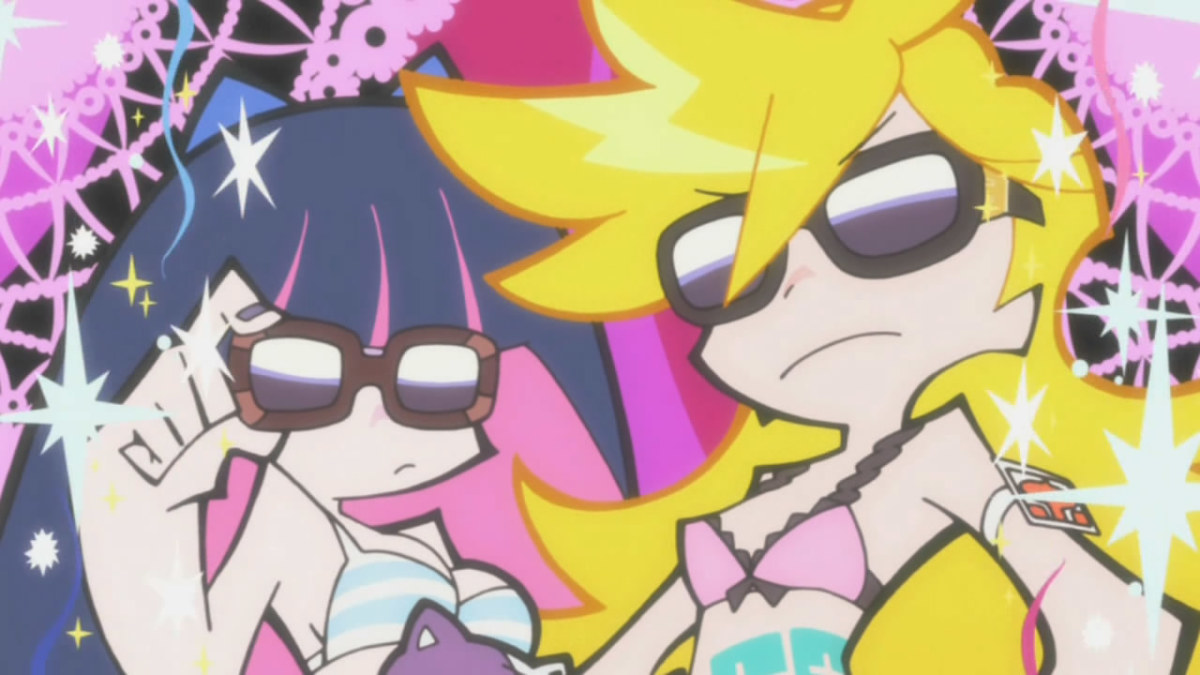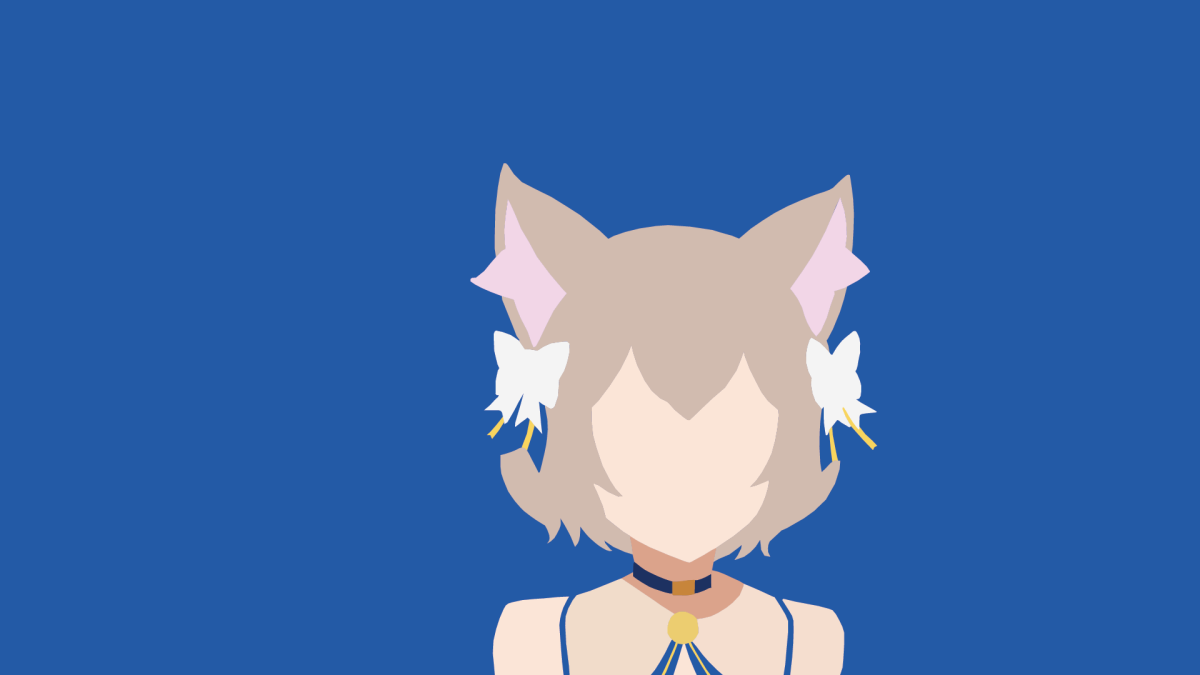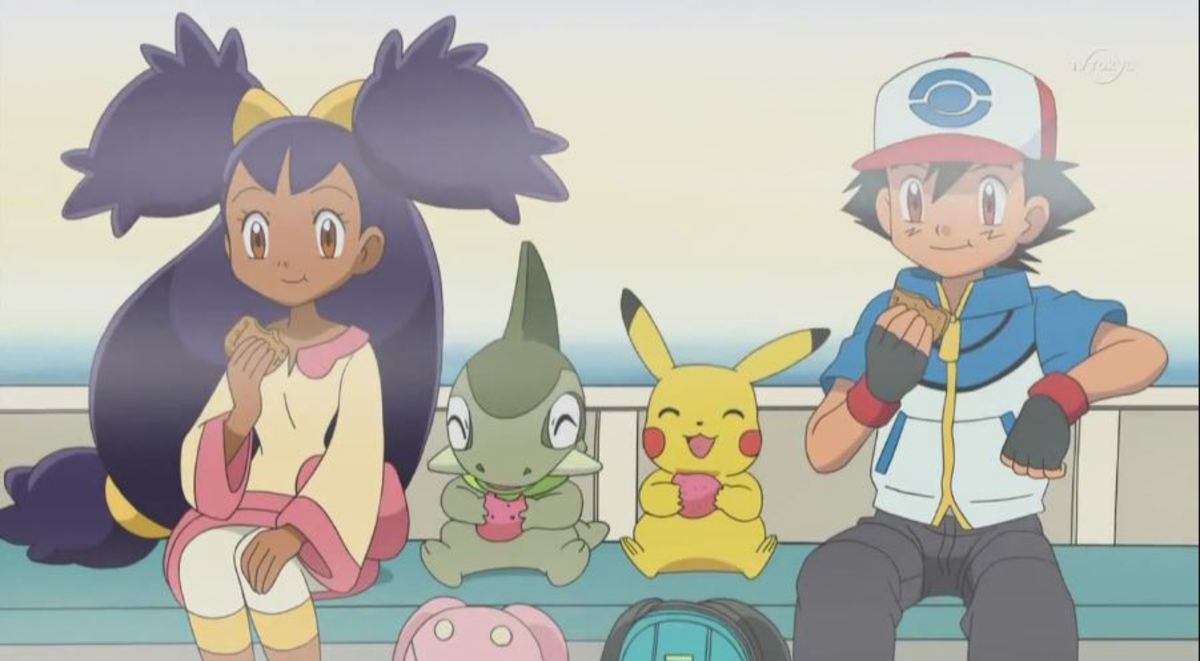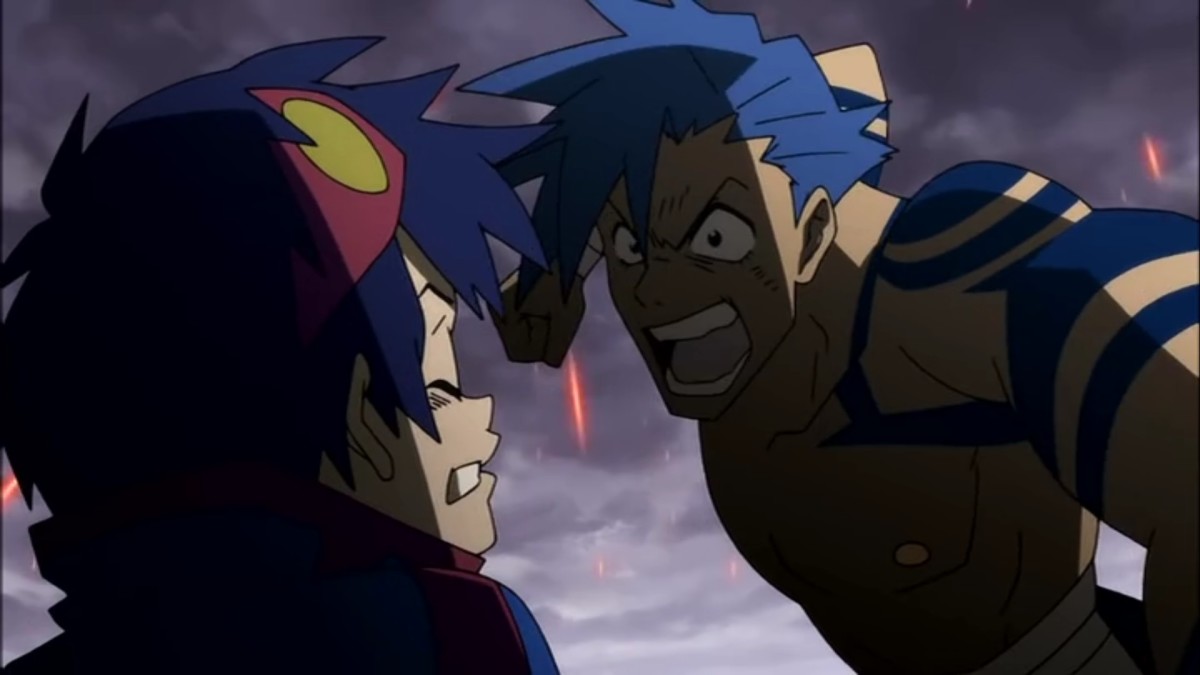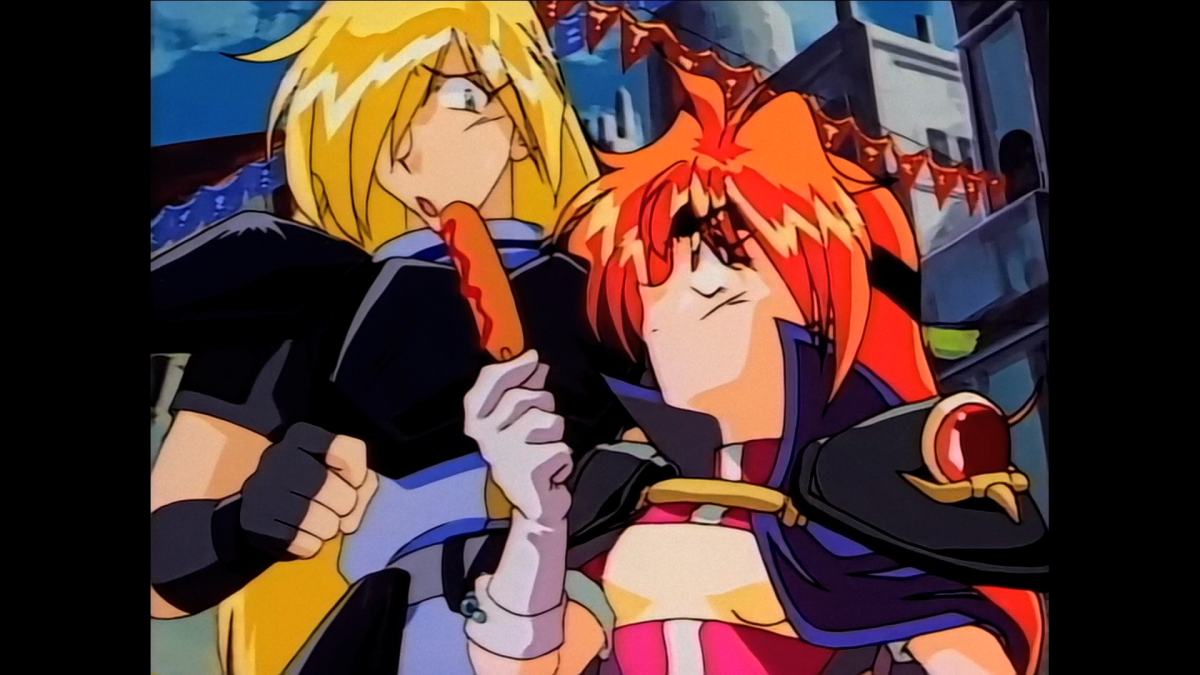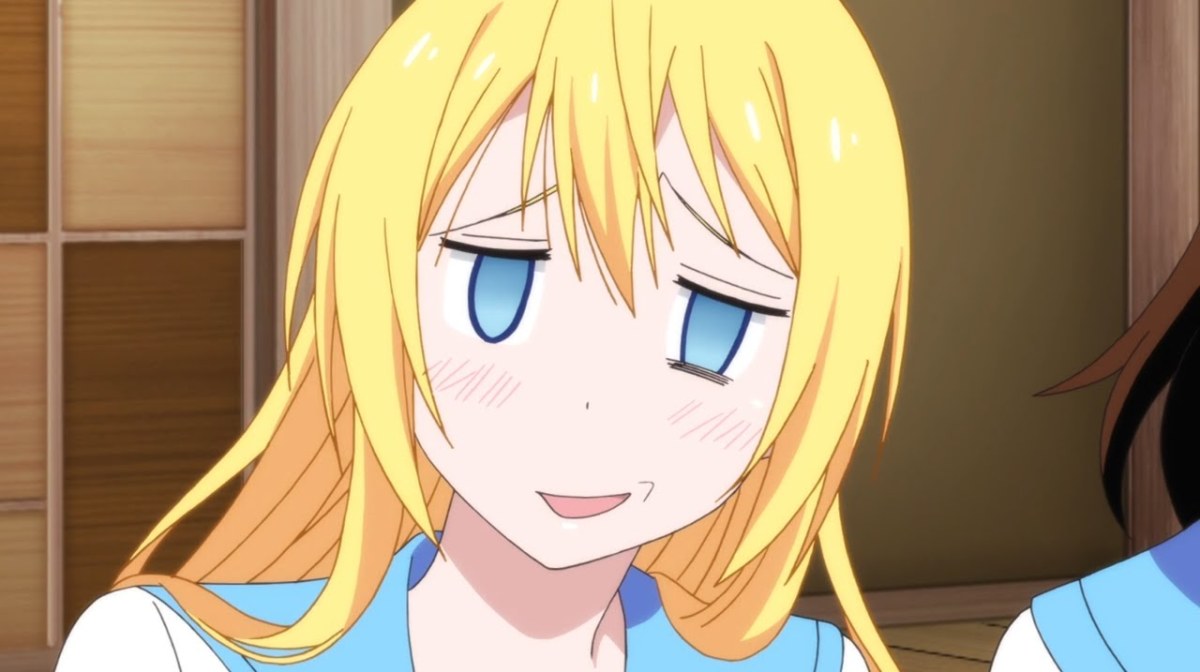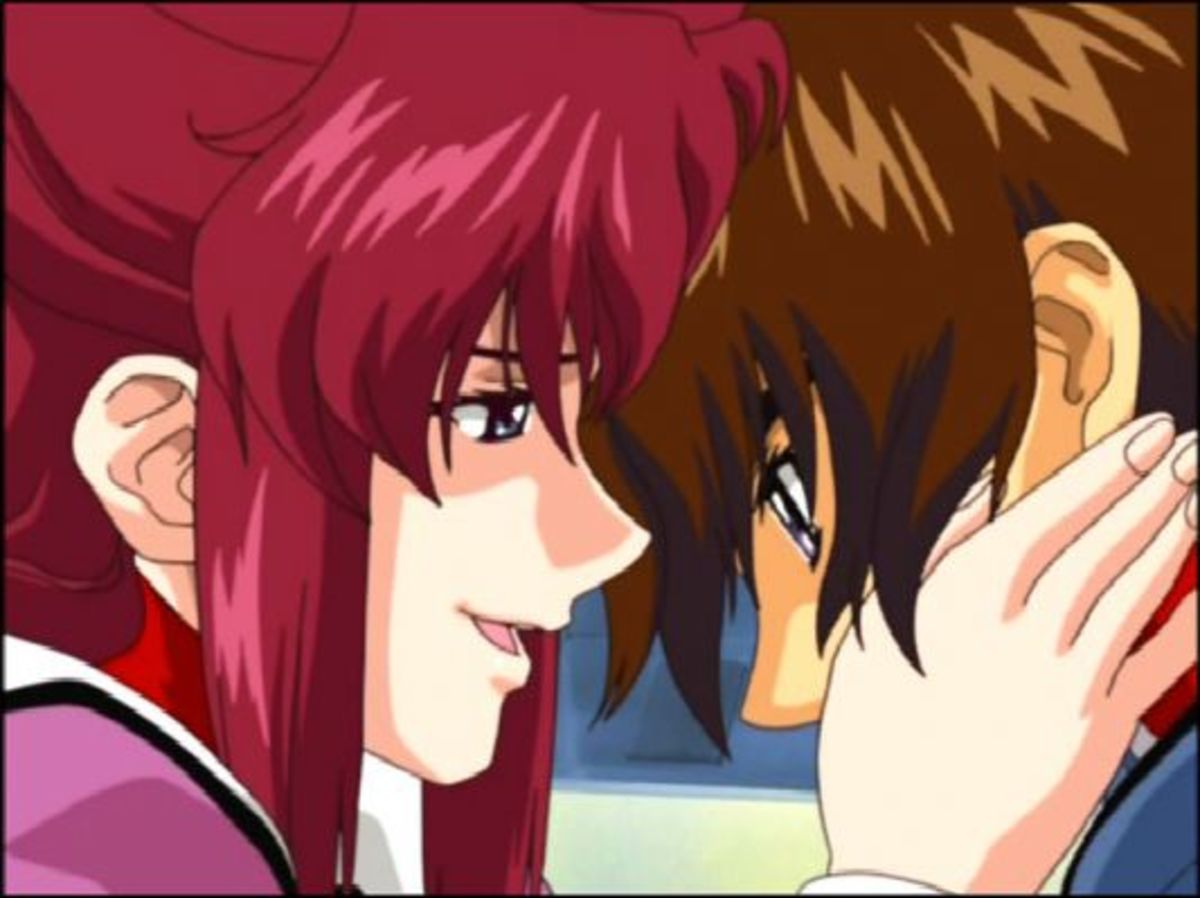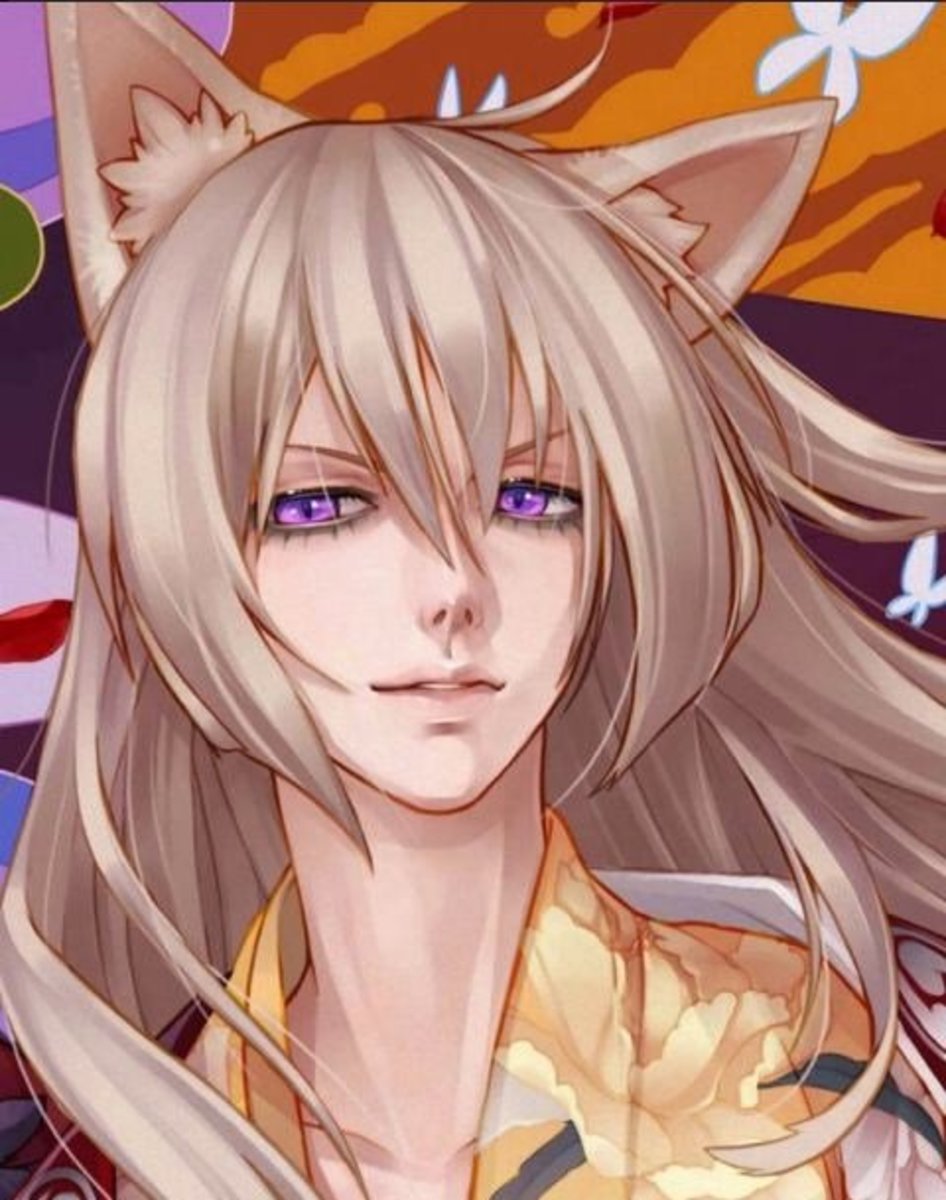Anime Reviews: His and Her Circumstances
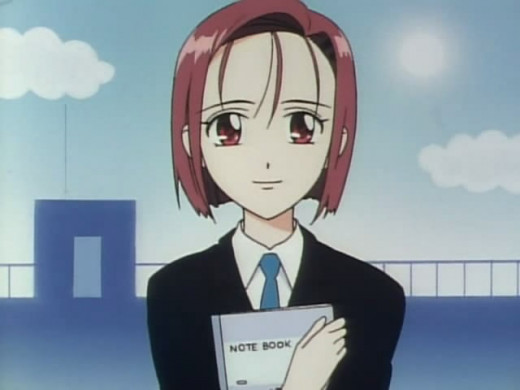
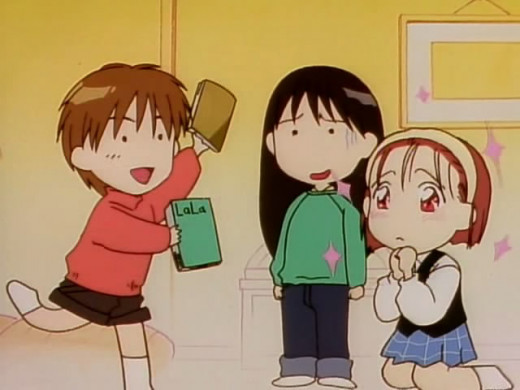
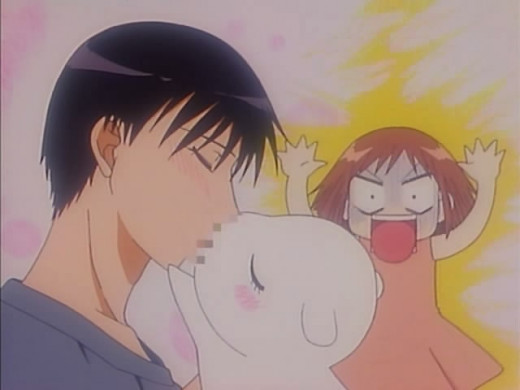
Despite its infamous ending and rather flat leads, His and Her Circumstances is a great example of how clever directing can triumph over a low budget.
Title: His and Her Circumstances a.k.a. Kareshi Kanojo no Jijou a.k.a. Kare Kano
Genre: Romance/Comedy
Production: GAINAX / J.C. Staff
Series Length: 26 episodes
Air Dates: 10/2/1998 to 3/26/1999
Age Rating: 13+ (mild language, some suggestive content)
Summary: Yukino Miyazawa is a model student--beautiful, graceful, generous, and has enraptured all around her with her amazing intellect for as long as she can remember. Unbeknownst to everyone, her career as a model student is nothing more than a facade, designed to earn a never-ending shower of praise for her enjoyment. At home, Miyazawa is lazy, crude, and rather indifferent to her raucous family, and this is how she has lived all her life. However, high school proves to be a different ballgame when Miyazawa encounters a competitor: Souichirou Arima. Unlike her, Arima actually seems to be sincere in his status as a model student, causing Miyazawa to doubt herself for the first time. Things get worse for our heroine when she unwittingly reveals her true self to Arima when he drops by to visit. Will this mark the end of Miyazawa's comfy school life as a perfect student?
The Good: Interesting and funny side characters; hilarious dialogue and situations; handles cliches without being cliché; skillful direction conceals shoestring budget...
The Bad: ...until the final third of the series; main couple is flat compared to side characters; extremely and obnoxiously intrusive recaps; no ending
The Ugly: The original author is a sore loser for not letting GAINAX try again
Note: I will refer to this series as its more casual title Kare Kano from here on out, because dammit, that's much easier to type!
Oh, GAINAX, why do you make it so easy for people to make fun of you, despite the fact that you've yet to make anything legitimately bad? All I have to do is say "This show was made by GAINAX," and you probably already know exactly what's wrong with it. Of course, there are exceptions to GAINAX's traditional flaws of going disastrously overbudget and flubbing the ending to their shows (FLCL and Gurren Lagann come to mind), but Kare Kano has them all on display without any attempt to disguise them. But let's not be so quick to bash; rather, in my usual fashion, let's look at what makes Kare Kano the good anime it really is.
While the main characters are usually the draw in a series like this, I found myself having far more fun with the side characters this time around. I love Miyazawa's younger sisters (Tsukino and Kano) and their interactions with her, I love classmates Asaba and Tsubaki and Aya and Rika and Tsubasa and Maho with all of their various traits, and I especially love the Miyazawa parents. While there is, indeed, plenty of comedy to be had among them, the drama that also arises when regarding their own circumstances are equally engaging, often confronting issues that are relevant to the teenage audience GAINAX was aiming for. However, not all of the issues brought up are relevant and relatable.
Sometimes, the drama takes a sour turn for the cliché, and in the hands of a lesser studio, the whole series would've been tainted by weepy melodrama and over-the-top dramatic expository proclamations. Luckily, this is GAINAX, and GAINAX is very good at taking the cliché and turning it on its head or warping it somehow, so that the melodrama is toned down drastically, even adding a comedic touch now and then, to remind us how ridiculous the situation really is. When a dramatic situation would normally call for everything onscreen to be dreary and dark and sad and woeful, GAINAX will insert something funny into the background in order to emphasize the fact that the corny sorrow is not universal, and that really adds a unique touch to what could have easily been just another melodramatic cliché.
While talking about the substance of the series is all fine and good, the subject that always dominates any discussion regarding Kare Kano is its animation and direction. Right from the very beginning, you can tell without any doubt that this series is low-budget--the colors are washed-out, the camera jumps before and after each cut, and there's no shortage whatsoever of still shots, landscape pans, reused sequences, and black-and-white sketches. GAINAX could have very easily stretched the thin budget out to try to animate everything properly, but what they do instead is pure genius: they put actual thought into the direction. They use blank screens with only text on them to tremendous effect, still shots are mere rough sketches that emphasize the isolation of one's own thoughts, shadows and silhouettes abound to save a few bucks while doubling as symbolism...every animation shortcut you can possibly imagine is employed, and the director finds a terrific use for every single one. The best trick? Reuse the same 3 minutes of animation between two characters twice, back-to-back, with each voice actor narrating each time. Extreme money-saving tactic or clever narrative strategy? Probably both.
Unfortunately, there comes a time when "clever, artsy, and low-budget" simply turns into "low-budget." That time is around Episode 18, in which the characters seem to have been colored in with crayons, one of the staff's photos is superimposed on top of a character's head, and every serious moment seems to be devoid of color. Even later episodes feature entire scenes that look like they photocopied the manga and transposed text onto it as well as paper cutouts of Miyazawa on a popsicle stick. I kid you not. Now, while these particular budget-saving tricks can maybe be seen as a legitimate artistic decision, there is another money-saver that is inexcusable, especially in Kare Kano: the relentless amount of recap. Not only do we get extremely long recaps at the beginning of most episodes, we're treated to an episode and a half of the same exact recap material about halfway through the series. Why?! It's not like this is a particularly complicated storyline we're dealing with here, so why do we need to have everything repeated so often?!
Oh, and to add insult to injury, there is no ending. The series just plain stops. The reason for this is that the anime had caught up to the manga, and thus had nowhere to go--this exact same conundrum happened with 2001's Fruits Basket, but there is a big difference between the two. Fruits Basket improvised and made up its own ending, which turned out to be really emotional and beautiful; Kare Kano's ending is an anticlimax that resolves nothing. It also doesn't help that the original manga author didn't like the series, and is probably the chief reason that the story never did get another chance as a TV series.
Kare Kano is quite an interesting case, because when it's good it's really good, and when it's bad it's really bad. Fortunately, in typical GAINAX fashion, there is far more good than there is bad. As long as you're aware that there is no ending to look forward to, you shouldn't be disappointed at all; rather, you'll often find yourself having a great time.
Final Score: 7 out of 10. The stereotypical GAINAX trait of botching the ending due to going overbudget is present in full force, but fantastic characters and wonderful direction keep it afloat.

